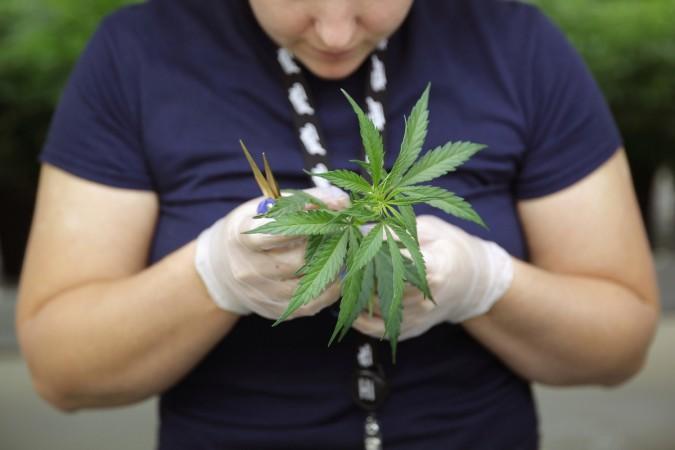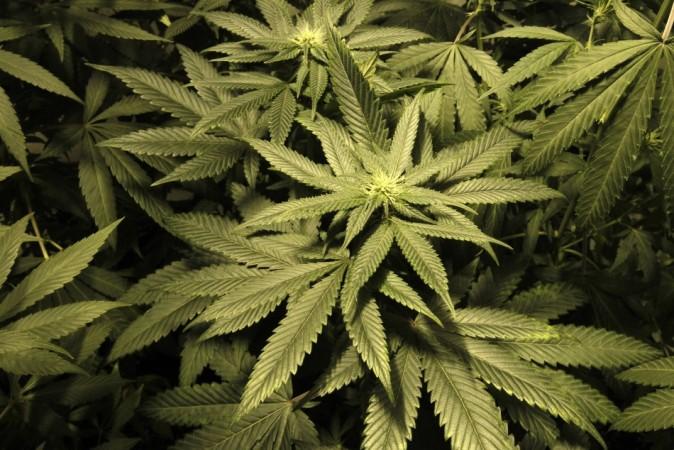Researchers have found that non-medical use of cannabis including frequent or problematic use is much more common in adults who have pain than in others. Since 1996, 34 US states have passed medical marijuana laws and 11 states have legalised recreational cannabis use.

Studies indicate that heavy cannabis use increases the risk of vehicle accidents, respiratory and psychiatric symptoms, and cannabis use disorder.
"Despite this evidence, many people view cannabis use as harmless, and non-medical use of cannabis on a daily or near-daily basis has increased," said study lead author Deborah Hasin from Columbia University Vagelos College of Physicians and Surgeons in the US.
"In our study, we hoped to identify factors--such as pain--that may increase the risk of cannabis use disorder," Hasin added.
For the findings, published in the American Journal of Psychiatry, research team analysed data on marijuana use from the National Epidemiologic Surveys on Alcohol and Related Conditions in 2001-2002 and 2012-2013.
The researchers compared non-medical cannabis use patterns in adults with and without pain (approximately 20 per cent of participants in both surveys had moderate to severe pain).
Non-medical marijuana use increased

Overall, non-medical marijuana use increased from about four per cent in 2002 to 9.5 per cent in 2013.
In addition, in the most recent survey, those with pain were significantly more likely to engage in frequent non-medical cannabis use than those without pain (5.0 per cent vs. 3.5 per cent).
According to the researchers, the risk of cannabis use disorder was also significantly higher in those with pain (4.2 per cent vs. 2.7 per cent).
Although meta-analyses of cannabis for treating pain show only mixed efficacy, particularly for plant marijuana, 66 per cent of adults now view marijuana as beneficial for pain management, the researchers said.
"Given that about 20 of the adult population experienced moderate to severe pain, this puts a large group of US adults at risk for frequent non-medical use and cannabis use disorder," Hasin said.
















